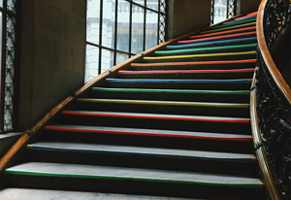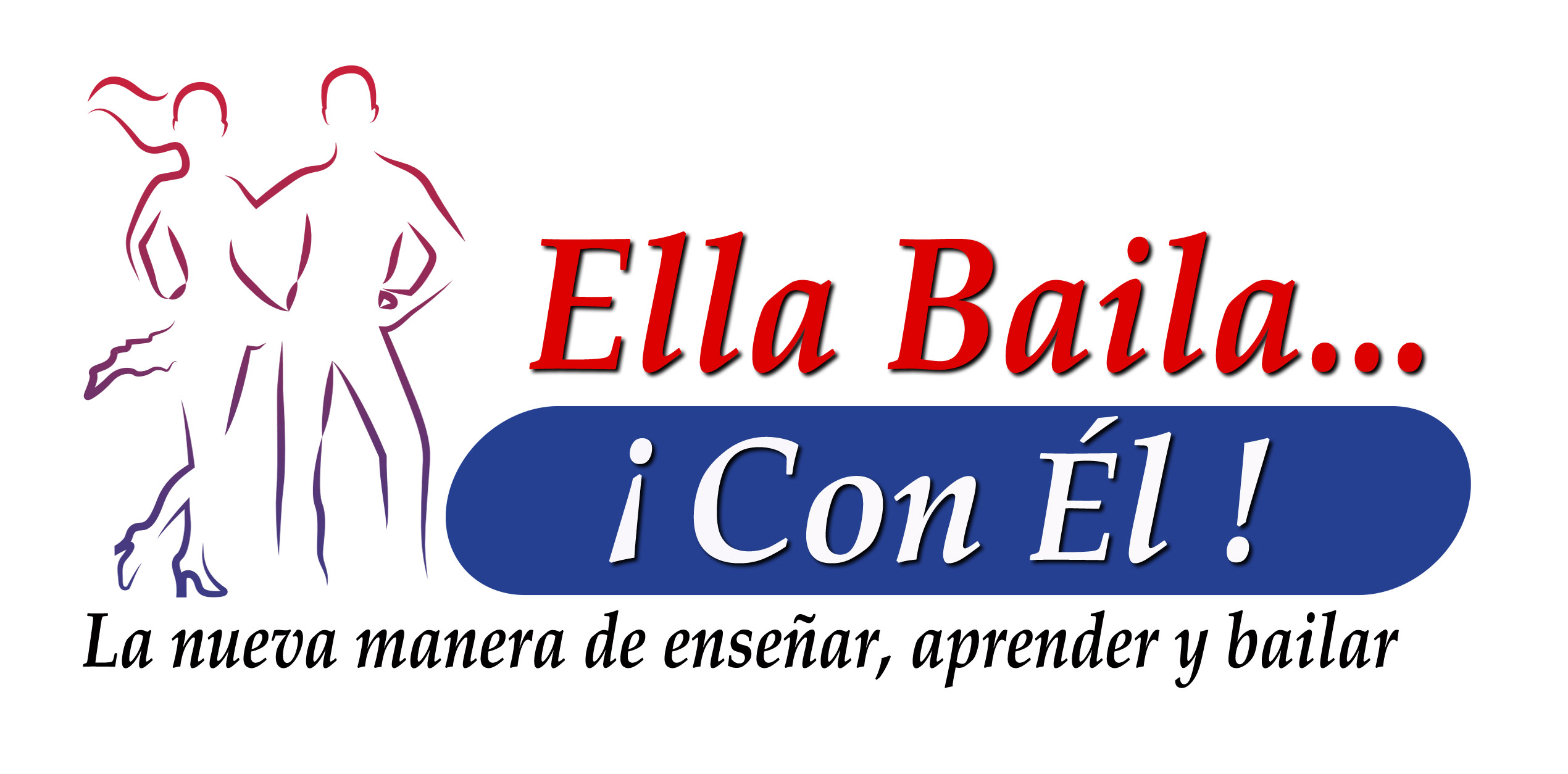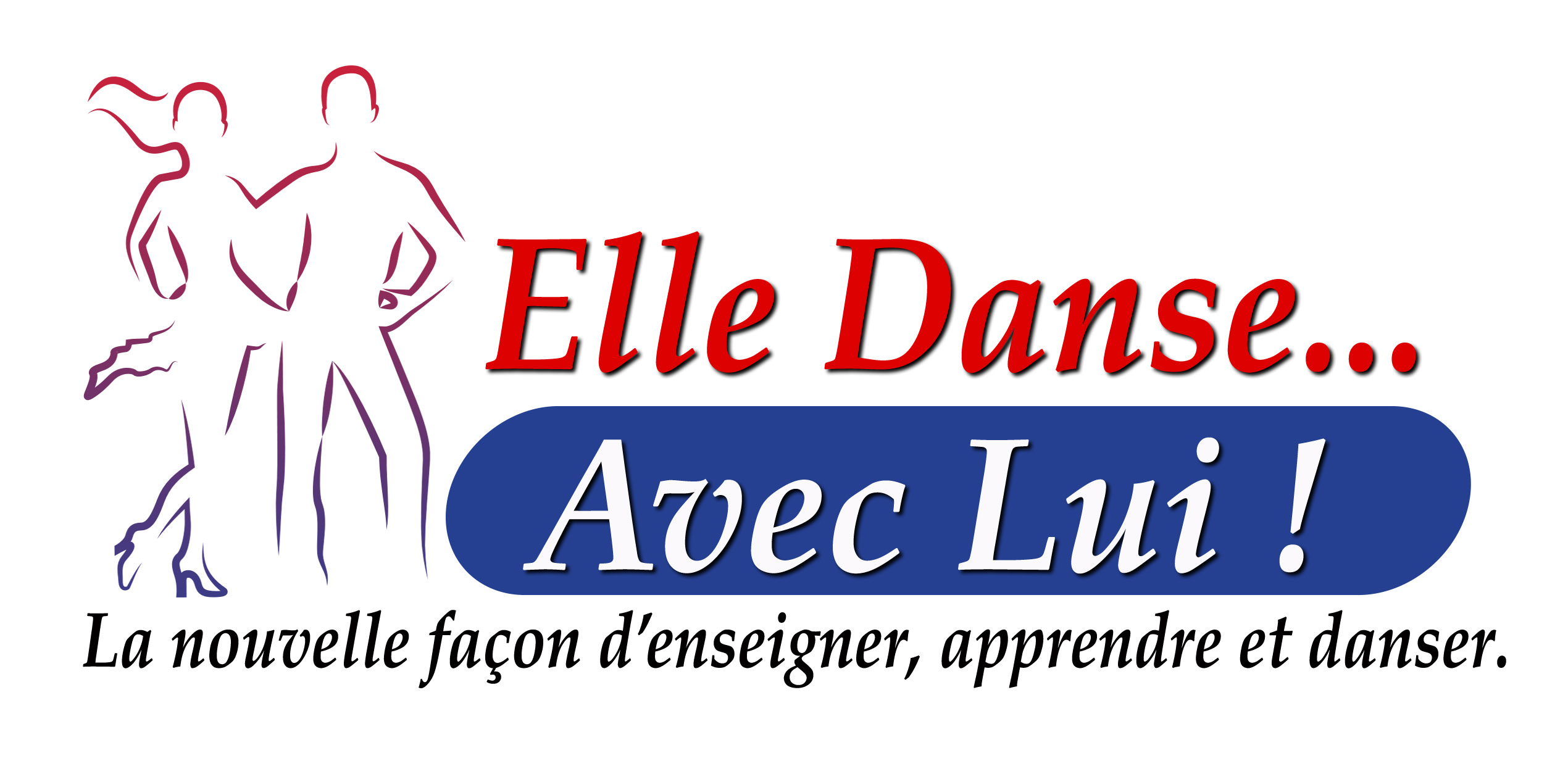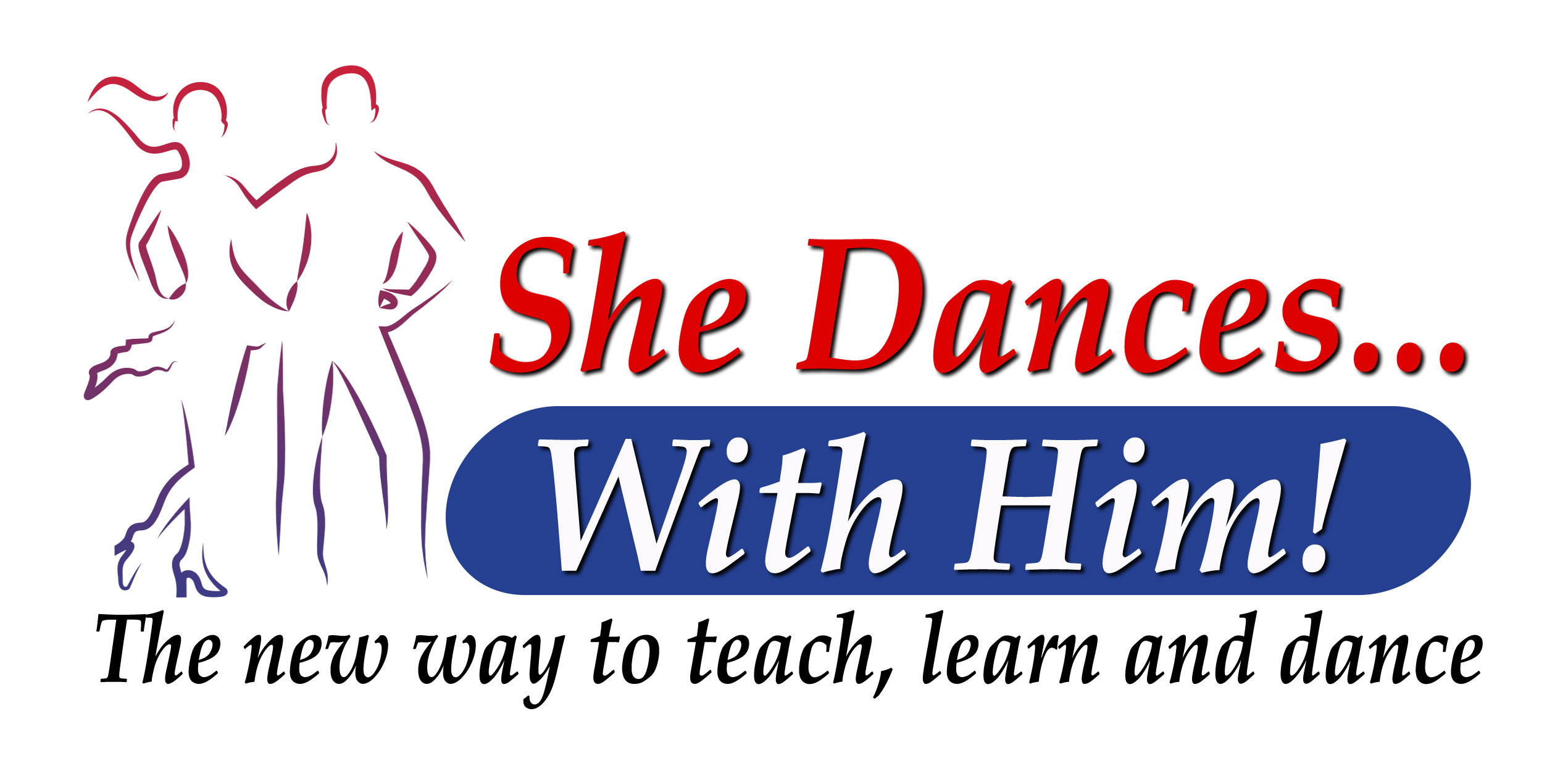By Francisco De La Calleja
 The beginning of a dancer’s journey is a most exciting moment. It is loaded with aspirations, dreams, promises and good intentions. However, given the type of society we live in, most of us have an ambiguous relationship with the beginner level. The word beginner itself is considered a stigma although there is no logical reason why it should be. Yet, we get past the first lesson and if possible, the first level, as quickly as possible. Sometimes we go through these not questioning what or how or even if we have actually learned something. To go to the next level seems to be the easiest goal to set for ourselves.
The beginning of a dancer’s journey is a most exciting moment. It is loaded with aspirations, dreams, promises and good intentions. However, given the type of society we live in, most of us have an ambiguous relationship with the beginner level. The word beginner itself is considered a stigma although there is no logical reason why it should be. Yet, we get past the first lesson and if possible, the first level, as quickly as possible. Sometimes we go through these not questioning what or how or even if we have actually learned something. To go to the next level seems to be the easiest goal to set for ourselves.
To be rid of the label of beginner seems to be some students’ main motivation. And some teachers enable this attitude by promoting their students as quickly as possible into euphemistically named levels such as “Improver” or the oxymoronic “Advanced beginner”.
But at some point, most students feel nostalgic about their beginner stage, going as far as missing it. A student asked me recently how to protect her feeling of being a beginner dance student when everything is exciting and novel. She said she really feared, after talking with her more advanced peers, that at point in her learning journey she would lose the excitement of never quite knowing what would happen at each class or what to expect next. Deep inside she feared getting to an advanced level where she would become dogmatic and regimented and begin feeling disillusioned and apathetic about further learning as her more advanced friends were.
Personally, I have serious misgivings about the typical Beginner–Intermediate–Advanced system of levels in dance class. (I will tell you about my system in another blog post). But let’s say you are considered a beginner. You should know that your current state is the most exciting and inspiring passage of your dancing career. Because being a beginner has five tremendous learning advantages:
Optimism. You are at the stage in your dancing where everything is possible. You have nurtured your goal of taking dance lessons for some time, dreaming about the possibilities that being a better dancer will afford you. Sure, you may have even heard about how supposedly difficult learning to dance may be and intellectually you are aware of the fact you know nothing about dancing yet; but looking at the fun some dancers have on the dancefloor it just seems so simple, so easy you just cannot believe the tales of woe you have heard.
Motivation. You decided to take the dance classes. You have a dream and have taken concrete action. You called the studio, walked in and signed up. Before anyone –willingly or not- tries to shoot down your aspirations, you realize that you have already learned and accomplished one of the most important elements of the dance learning process: How to make a decision. The very first thing you’ve done as a dance student is already a done deal and let me remind you: success breeds success.
Inspiration. Before anyone starts telling you what is the in-fashion dance style, who are the best dancers, who are the superstar instructors, whose social network channel you must follow and what socials or congresses are the ones you should like and attend; you are most likely to draw your inspiration from quite unique sources. Before you become a uniform-minded member of your dance community, you are sui generis, one of a kind. You are at the stage where –artistically- you can become so unique as to eventually become somebody else’s inspiration.
Open mindedness. Since you know practically nothing about dancing, in your mind everything can be true. You have no prejudices, dogmas or habit-formed opinions. You are like a sponge, not just willing but also able to absorb all manner of information. If you are told that you need to learn a and b to master c and that c causes d to become true, there is nothing in your experience to make you doubt it so your effort to learn will be unimpeded by prejudice or stereotypes.
Objectiveness. You may know next to nothing about dancing but precisely because of that, you can judge any information you are given exactly at face value. Since you are starting from scratch, every question that fleets through your mind is a valid question. And when somebody tries to tell you “Come on, you know what I mean!” you can look at them with a big smile and answer “Well… I’m a beginner, so no, I don’t know what you mean”. The capacity to ask simple questions and objectively analyze the answers is priceless, since it will shield you from falling into the traps of “conventional wisdom” that usually lead into faulty understanding of basic ideas, with the corresponding vicious circle of frustration and disillusion.
So if you are just a beginner or still a beginner, enjoy the feeling. If you miss being a beginner, ask yourself why you stopped learning. Because if beginner dancers are just starting to learn, does that mean that advanced dancers are about to finish learning? Every fulfilled dancer I know will tell you that deep inside, they are eternal beginners.




